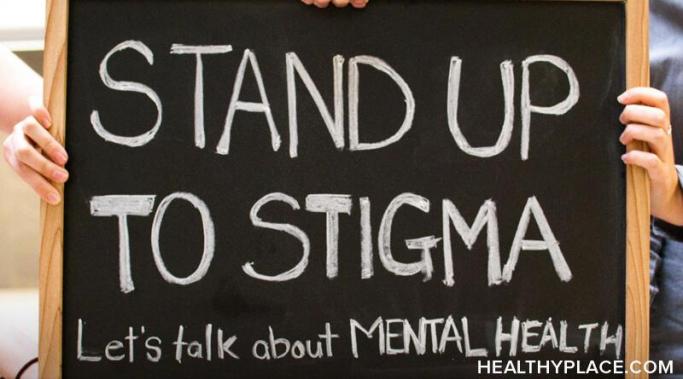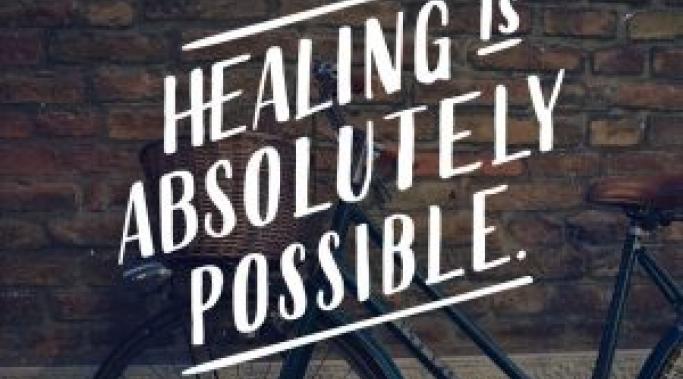Awareness weeks for mental health are critical. The sheer mention of an awareness week of any sort may already have you groaning. I know I’ve heard and seen comments from people complaining about how there’s an awareness week for everything. That could be true, but they’re a vital part of the dissemination of information and breaking down stigmas associated with whatever cause they’re for. For causes such as mental illness awareness, awareness weeks are an especially poignant way to demystify what mental illnesses are and are not.
Self Stigma
Success and failure are pretty common words in our everyday lives and they’re also prominent in conversations about mental health. When we see someone in recovery of any sort, we say they’re successful; we do this with ourselves, too. It’s often only when we’re acknowledging our own mental health recovery progress that failure comes into the mix. We feel like failures if we can’t succeed like those around us; we feel like failures if we have setbacks. It is because of that that I feel it would be better to remove the words success and failure from our mental health vocabulary.
In the first part of this three-part blog, I wrote about what stigma can look like for children and how it affects them, as well as your first step as a parent or guardian to a child in this situation, which is to make sure you are not inadvertently stigmatizing your child. In this part, let’s take a look at ways you can help your child or children understand the mental illness, stigma, and self-stigma.
Keeping a journal is a powerful way to make yourself feel better and fight mental health stigma. Most Psychiatrists and counselors will agree that there are many reasons why you should keep a journal. One of them is that keeping a journal allows you a safe place where mental health stigma doesn't exist and can't harm you (23 Journal Prompts to Improve Self-Esteem).
Many xon't know this, but a mental health community can reduce the impact of stigma. One thing that mental illness is really good at is making a person feel isolated and alone, which is a perfect way for stigma and self-stigma to thrive. There are a number of ways to combat that, such as reading more about the illness to learn the facts versus the fiction. But another way to effectively combat whatever sort of stigma comes along is to immerse oneself in a mental health community to reduce the impact of stigma and connect with others who have similar experiences.
More and more, people push for discussing mental health with children and to include education on mental health, mental wellness, and mental illness in the classroom and outside of it (Where is Mental Illness Education?). I wholeheartedly agree with this idea because it has the potential help children recognize mental health trouble in themselves and in others, and to know there is something that can be done if they’re struggling. Another big reason for the push is the aim to reduce stigma, but I can’t think of an instance in which it was said there should be lessons about stigma, too. Discussing mental health stigma is just as important as talking about mental illness.
Stop comparing yourself to others, because when you do, you are letting mental health stigma affect your self-esteem. The only person who it is fair to compare yourself to is you. Are you doing better today than you were yesterday? Have you improved in different ways from a year ago? Mental health stigma can make us compare ourselves to others who don't have a mental illness or peers who haven't been through the same things that we have (How to Stop Comparing Yourself to Others).
If ruminating on memories of mental health stigma and discrimination haunt you, there are ways for you to stop ruminating. Taking back control when you remember events where you were stigmatized, can be as simple as taking a breath. Here are some techniques to help you stop ruminating on mental health stigma memories of when you were ill.
A setback in mental health recovery is a challenge because many have this idea that recovery must be perfect. The rhetoric tends to be that we’re strong when we’re recovering and we’re weak if we have a setback; I’ve even had someone tell me she was strong enough to avoid mental illness relapse. The way I see it, though, a setback in mental health recovery -- and mental illness as a whole -- is not that simply defined.
It’s a natural thing to make comparisons, but when we compare mental illnesses, it can lead to stigma when you start using it, whether consciously or unconsciously, to figure out who’s sicker. While it’s very likely not intentional, when we, as people with mental illnesses, start keeping score, so to speak, we’re doing more damage than good. We end up seeing both kinds of stigma — stigma against others and self-stigma — as a result of comparing mental illnesses.









